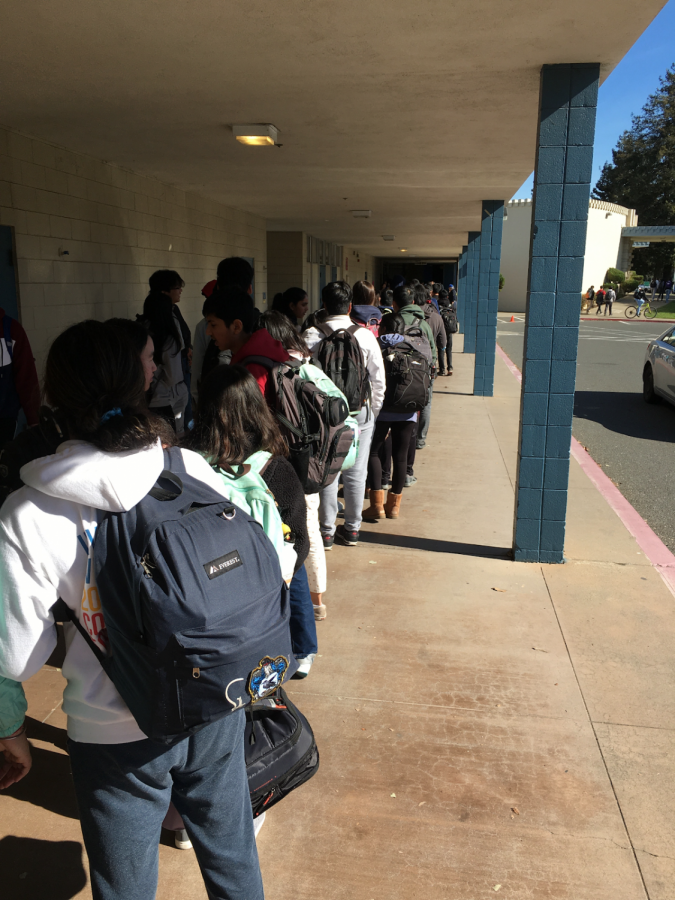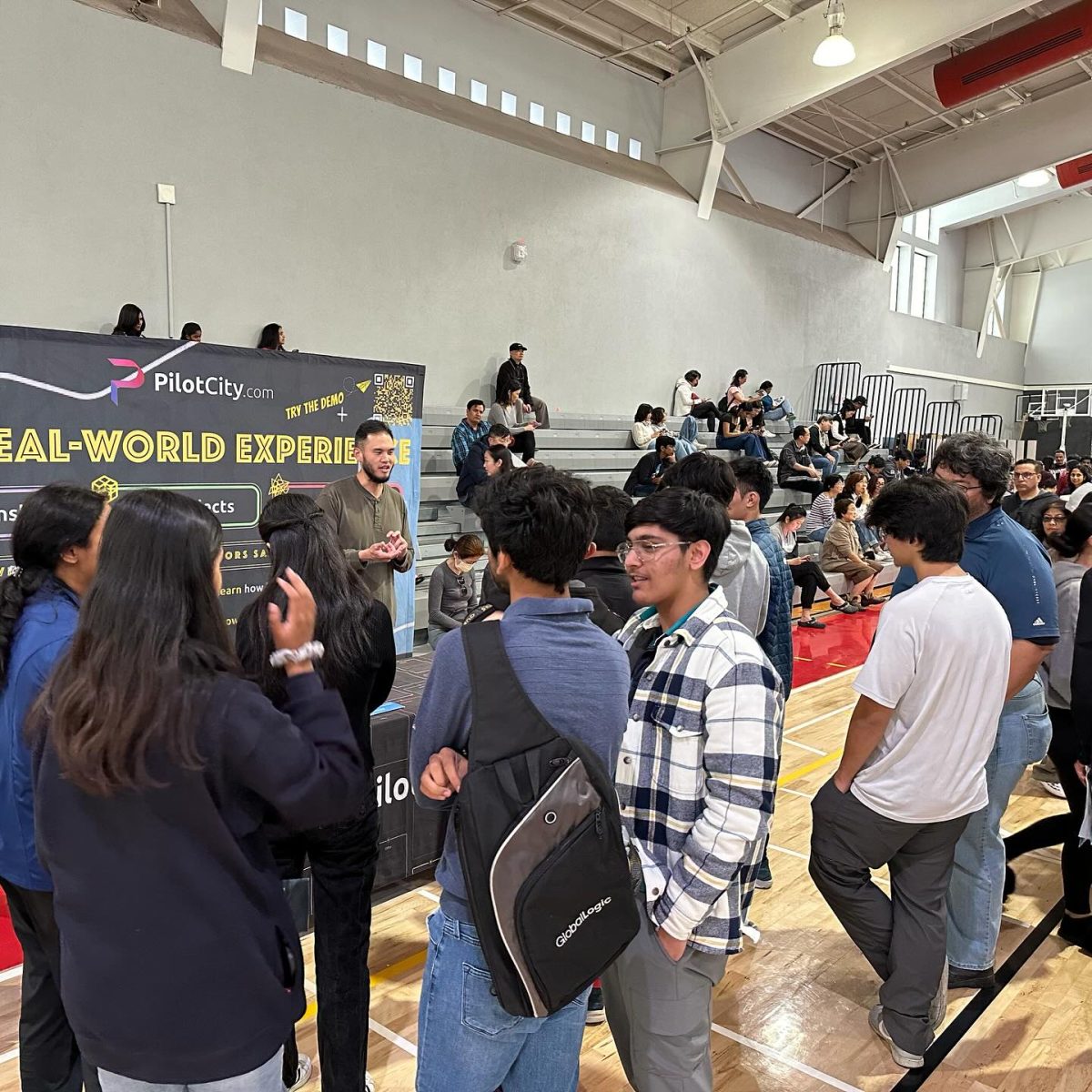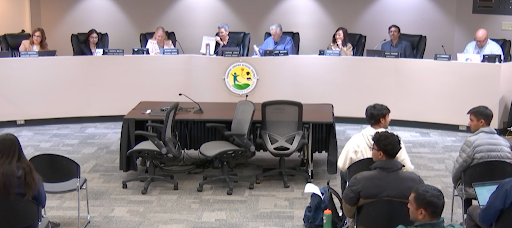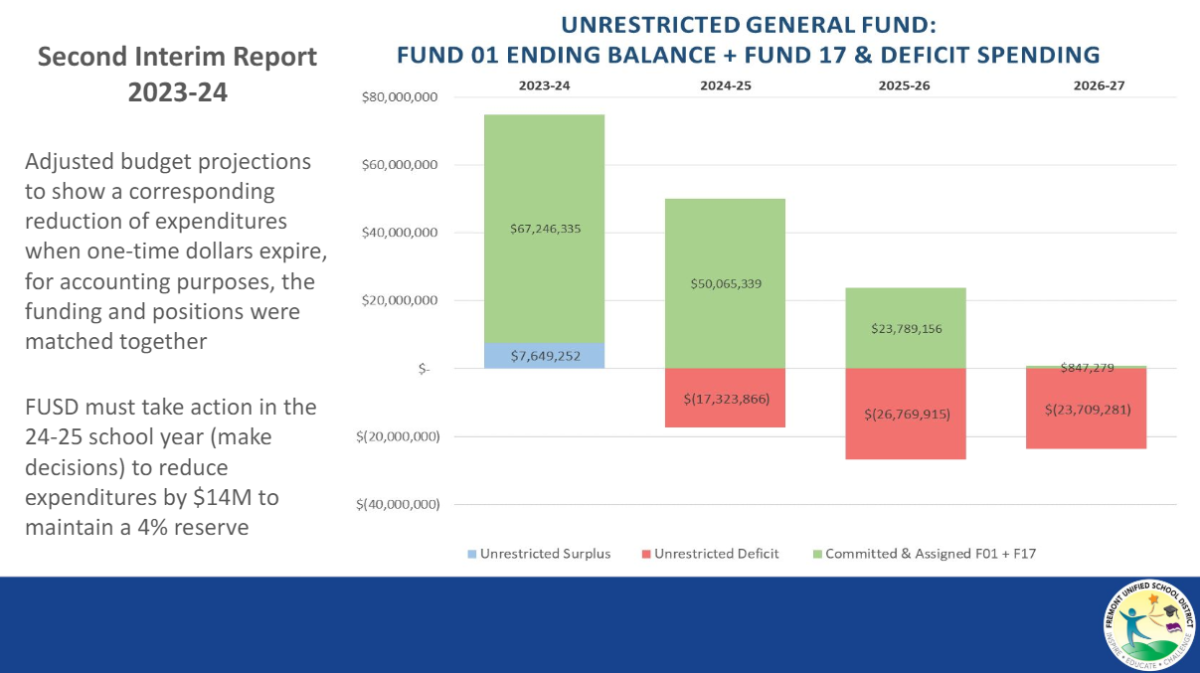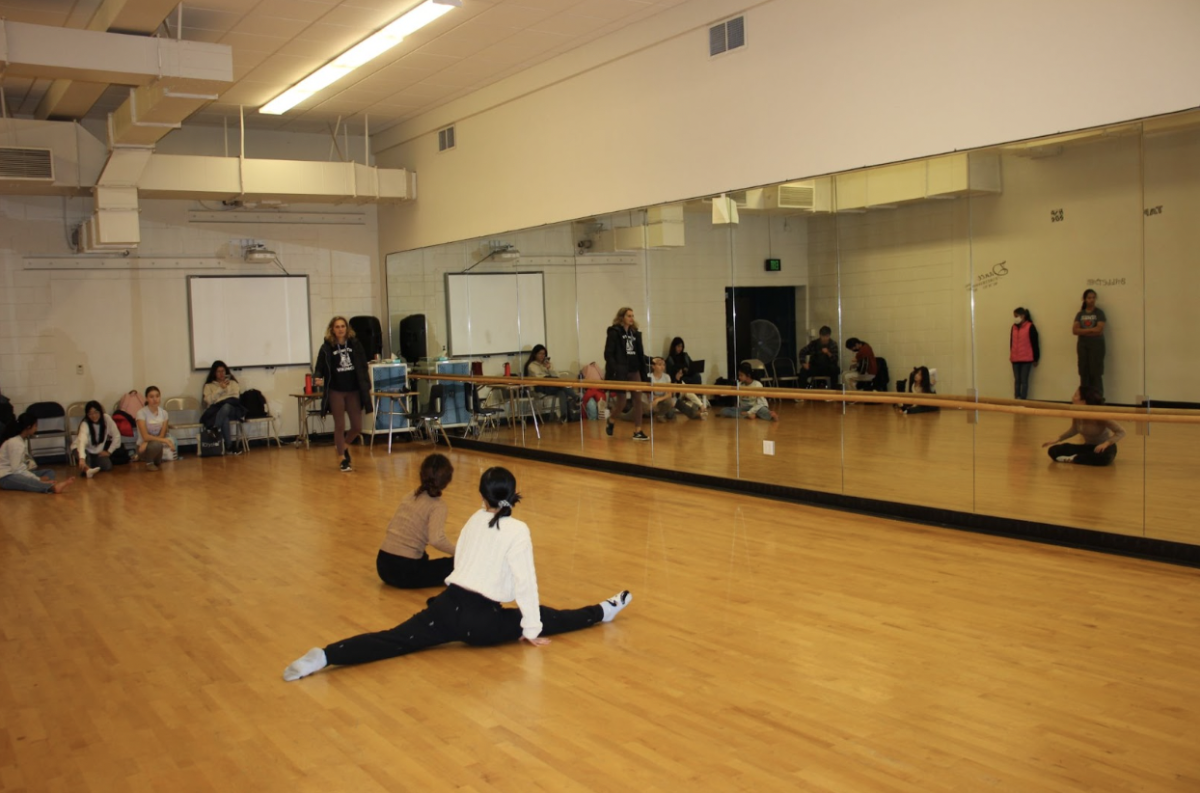Are Mandatory AP Meetings a Mistake?
Irvington students line up outside Valhalla for an AP meeting.
February 29, 2020
Massive lines accumulating outside a small room. People pushing and shoving, more impatient than Asian parents driving their kids to school. It’s not a Great Mall Black Friday sale, but rather, the life of any Irvington student right before an AP meeting. The sheer amount of people trying to get into a room is an enormous hassle, but students are still willing to put up with that inconvenience for getting proof of attendance and the slightest chance of an AP class. While the mandatory AP meetings can provide important information about the workload and workings of an AP class, there is currently no effective way to verify whether a student was even there, and in the end, the benefits of the information given is far outweighed by the amount of inconvenience that these meetings cause for students.
The obvious chaos of the meetings can be seen in the crowd that forms in front of the Norse Hall before each one, and it translates into a similarly chaotic verification system. The mandatory status of the meetings has led to massive numbers of students attending for the sake of having a safety net, which means that keeping track of those who have attended becomes a herculean task. The most logical option to keep track of these students is to scan them in by ID cards or numbers, but as of now, the most verification that exists is the form of a small, easily lost or stolen, physical tickets or a Google form link that can be copied and pasted into group chats.
Regarding physical tickets, they can easily be passed around from person to person. Students can have friends that are not interested in the AP class attend meetings for them or buy them off of other people. Not to mention, the adorable smiley face tickets used for the meetings can be bought in rolls of 2000 off of ticketprinting.com for $3.38, and unless counselors are willing to sort through hundreds of tickets to make sure there aren’t any duplicate tickets, originals and fakes become indistinguishable. In summary, the usage of physical tickets hasn’t done anything to indicate whether a student has actually attended the meeting and instead creates a market for students to sell and trade their tickets. At least these meetings are teaching us some form of economics.
While Google Form tickets don’t share the same set of issues, there’s still the problem of the forms having links that can instantly be shared into group chats with dozens of people that are not interested in being crammed into a room full of sweaty kids. While the admin may try to control the spread of this link by attempting to stop photos of it from being taken (ignoring the fact that it’s nearly impossible to keep track of everyone’s phone cameras), the link can still be copied and pasted. The timestamping of responses doesn’t even matter at that point, due to the nature of technology being so fast at spreading information. We then run into the same issue of students outmaneuvering the requirement of needing to be at an AP meeting to take an AP course.
All of the issues that come with keeping track of meeting attendance bring up the valid question of whether the meetings should even be mandatory in the first place. While AP meetings communicate important information to people considering taking the course, this information often falls on deaf ears due to the stubbornness of Irvington students that are taking as many AP classes as possible. Meetings also take place during lunchtime, which most students use for finishing off work, attending club meetings, and simply having a break from the race of school. As a result, many students go glaze-eyed during these meetings due to having other things that they need to attend to. In the end, it becomes clear that the reason why these meetings are attended are not for the sake of the information, but rather for the tickets they need in order to take the course.
However, it has to be acknowledged that the information presented in each of these AP meetings is needed in order to fully inform students about the challenging classes that they are planning to take. Keeping meetings mandatory, however, doesn’t necessarily do this as there are simply too many obstacles that come from so many students attending the meetings. While changing meetings to non-mandatory may cause some students to not attend the informational meetings, students that genuinely want to know more about their classes as well as those that are making up their mind about certain classes, which are who these meetings are targeted at, will likely still attend the meetings. Besides, information from the meetings can be communicated in different ways: for example, sending slides, videos, and testimonial videos to students through Loopmail or the school website. One thing is for sure: the current mandatory AP meetings need to be changed in some way, shape, or form for the sake of common sense.


